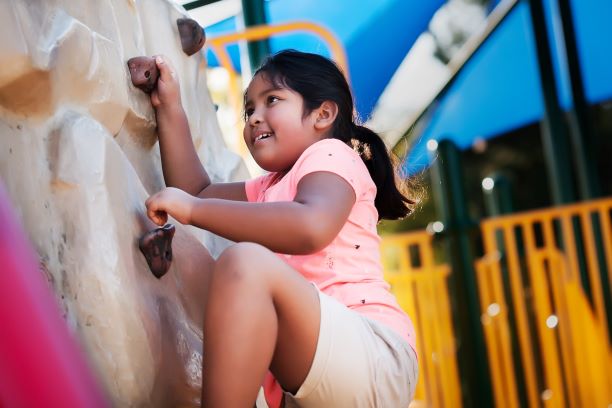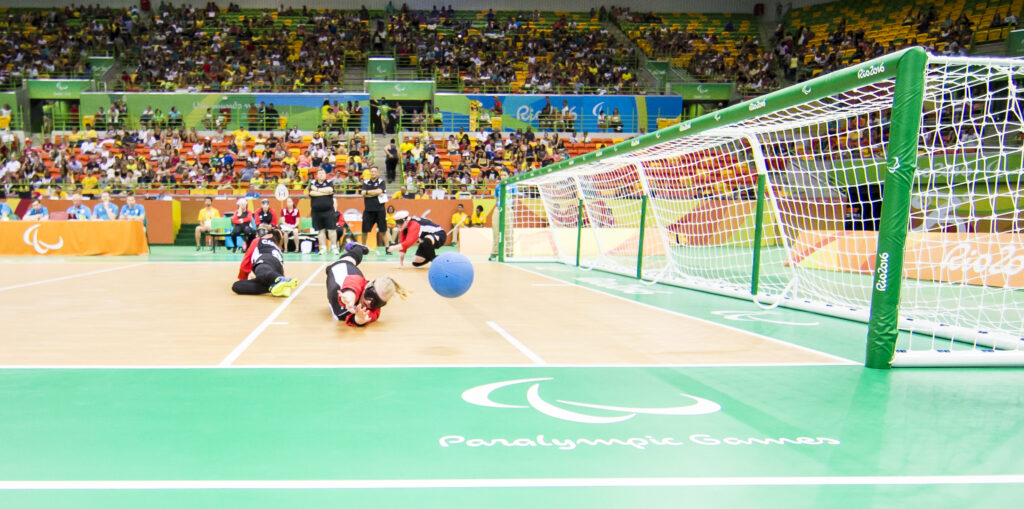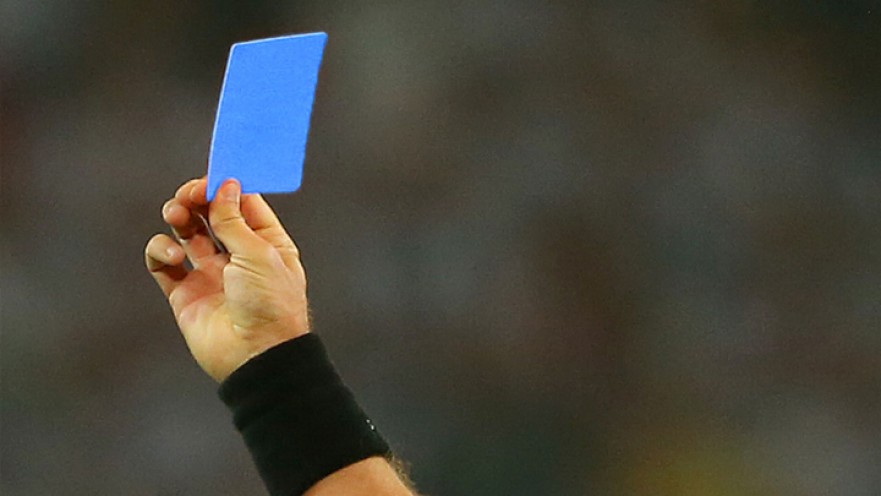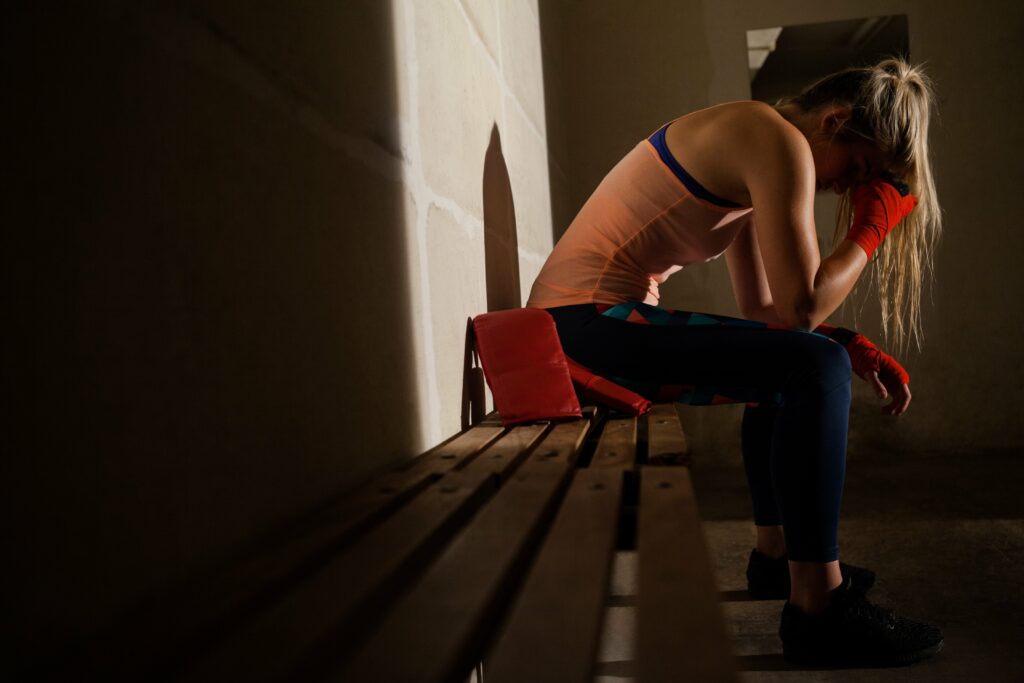Gendered athlete representations on social media
How athletes are portrayed on social media can influence sport participation among girls and women. An analysis of tweets during the 2018 Commonwealth Games shows that gender differences persist in athlete representations. Even seemingly neutral words, like “dedicated” and “hard working,” can have gendered connotations. Strategic use of social media during large sporting events can…
Protection and retention of officials
Community organizations across the country are experiencing a shortage of sports officials. Soccer referees have been in short supply during the pandemic, a problem worsened due to bad sideline behaviour of parents, players and coaches. The Teal Shirt Campaign allows first year referees to identify themselves on the job and encourages spectators to show respect…
Supporting new moms
“You have to get beyond the mindset of having to do it all yourself.” That’s the advice that Mandy Bujold, 2-time Olympian and mom to 3-year-old Kate, has for new moms who want to be active. “There are people out there – family members, neighbours, friends – who would love to help, even for an…
Current perspectives on multi-sport participation

Highlights What’s the best path to the podium? That’s the question behind the debate between early specialization and early diversification. Drawing on the example of some well-known champions like Tiger Woods or the Williams sisters, the early specialization camp argues that an early start in the athlete’s primary sport is essential for development of high-level…
Enhancing sport and physical activity participation for Canadians with disabilities

Highlights When Jenny Davey first started working at the Canadian Paralympic Committee (CPC) in 2014, she had no idea how much a fledgling research partnership would shape the work she does in the Paralympic sport system 8 years later. “I never would have thought, ‘well, 8 years from now, I’m going to be able to…
“That’s a Blue for you”: Referee experiences managing concussion injury risk in Canadian amateur rugby

People who are into sports like soccer and rugby are familiar with yellow and red cards. When an official presents a player with a yellow card, that’s a warning that they’ve committed an offence on the playing field. A red card means the player must leave the field immediately and can no longer take part…
Sport dropout and re-engagement
As sport leaders and organizations, we’re often concerned with participant retention. We rarely consider how dropout may play an important role in sport development pathways, or potential pathways for sport re-engagement later in life. The inclusion of sport dropout as a potential pathway in long-term sport participation models could push for a dialogue on how…
Creating sport environments that support mental health for girls and women

This blog post provides a recap of the fourth webinar in the 4-part mini-series Engaging Girls and Women in Sport. SIRC and Canadian Women & Sport co-hosted the mini-series, which you can access or learn more about by visiting our SIRC Experts Webinar page. Every year, 1 in 5 people in Canada will personally experience a mental…
Healthy schools in Canada
The Canadian Healthy School Standards offers tips and resources to create system-level changes for students, as well as the entire school community. By advocating for policies and investments that address health and well-being for students, staff and leaders, schools can chart their journeys toward improved health.
Toward values-based sport
“At the end of the day, it’s about making sure that the sport sector thrives and is united in offering positive sport experiences for all Canadians. For sport to do good, it must be good. For people to realize the benefits, they have to have an opportunity to play. I think that’s what it’s all…